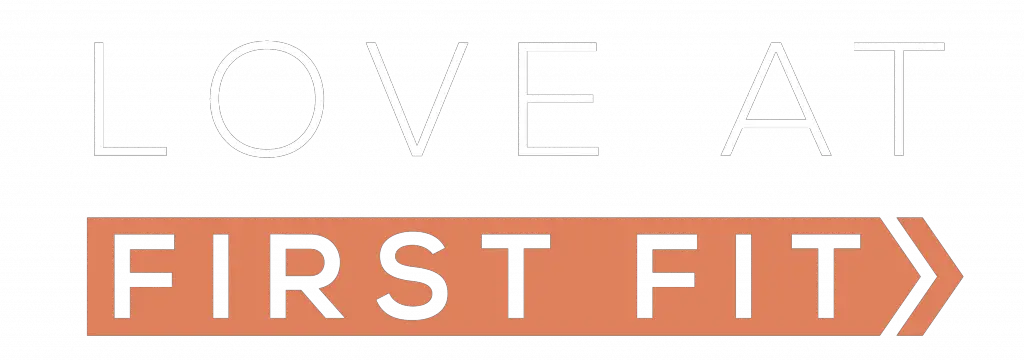Runners should consume 2.5 to 4.2 grams of carbohydrates per pound of their body weight (1kg = 2.2 lbs). For example, a 135 lb runner should consume around 337g to 567g grams of carbohydrates a day, and a 150 lb should consume around 375g to 630g grams of carbohydrates a day.
5k Run
On average, a 5K run will burn around 300 to 400 calories, while around 100 calories are burned per mile. However, before you start planning on running a 5K, it’s important to consider the various factors that will affect your calorie burn.
10k Run
For most people, a 10K run will provide them with around 600 calories, which is roughly equivalent to about a hundred calories per mile. However, to maximize their calorie burn, it’s important to determine a more accurate figure.
What is Carb-Loading for Runners
Carb-loading is most effective when the right amount of carbs are consumed according to the length of the run and the runner’s body weight. It is also important to eat about 25% of those carbs within 1-3 hours before the run.
Runners who are planning on participating in an endurance event, such as a marathon or a half-marathon should increase the number of carbs intake. This will help store glycogen for use during the event. It can be done along with a taper.
Make sure that your food choices are high in carbohydrates and not full of fat. For instance, choose a pasta dish with tomato or red sauce instead of vodka or alfredo sauce.
Best Types of Carbs for Runners
Choosing the right carbs to fuel a run is important to be able to finish the run, finish the next run, and keep working toward running goals. Stick with healthy carbs to sustain energy and keep it moving.
Struggling through the run or feeling sluggish after the run will not give that “runner’s high” to keep you coming back for more.
When choosing carbs, try to stick mostly to healthy carbs:
- Whole Grains: Whole wheat, Rye, Sprouted Grain, Barley
- Gluten-Free Grains: Rice, Quinoa, Buckwheat
- Oatmeal
- Legumes: Chickpeas, Peanuts,
- Peas: Some beans
- Milk
- Yogurt
- Fruit
- Starchy Vegetables: Sweet Potatoes, Acorn Squash, Butternut Squash
Healthy carbs will allow you to eat more of them and support energy/metabolism for longer. Carbs from white flour products like white bread, pasta, cereal, crackers, etc., are fine when coupled with other sources of carbs
However, they will not provide energy for as long and can lead to a crash in energy. With that said, if a runner needs quick energy because they didn’t eat enough 1-3 hours before their run, those white flour products can be a good solution.
| Food Group | Average Carbs in 1 cup |
| Whole grains | 20g |
| Gluten-free grains | 40g |
| Oatmeal | 25g |
| Legumes | 30g |
| Milk | 12g |
| Yogurt | 20g |
| Fruit | 13g |
| Starchy vegetables | 25g |
| White Flour Products | 50g |
If Runners Don’t Eat Enough Calories
Eating fewer carbs than the body needs will lead to fatigue during the run and/or crashing after the run. Eating more than this, unless the athlete is training very long distances, will lead to discomfort while running and inefficiency in your metabolism.

Austin is the author of loveatfirstfit.com and a personal trainer with extensive knowledge in nutrition. Austin is passionate about helping others to find a suitable healthy lifestyle and feel good about themselves. Austin’s goal is to help people push their limits and achieve their physical performance.


